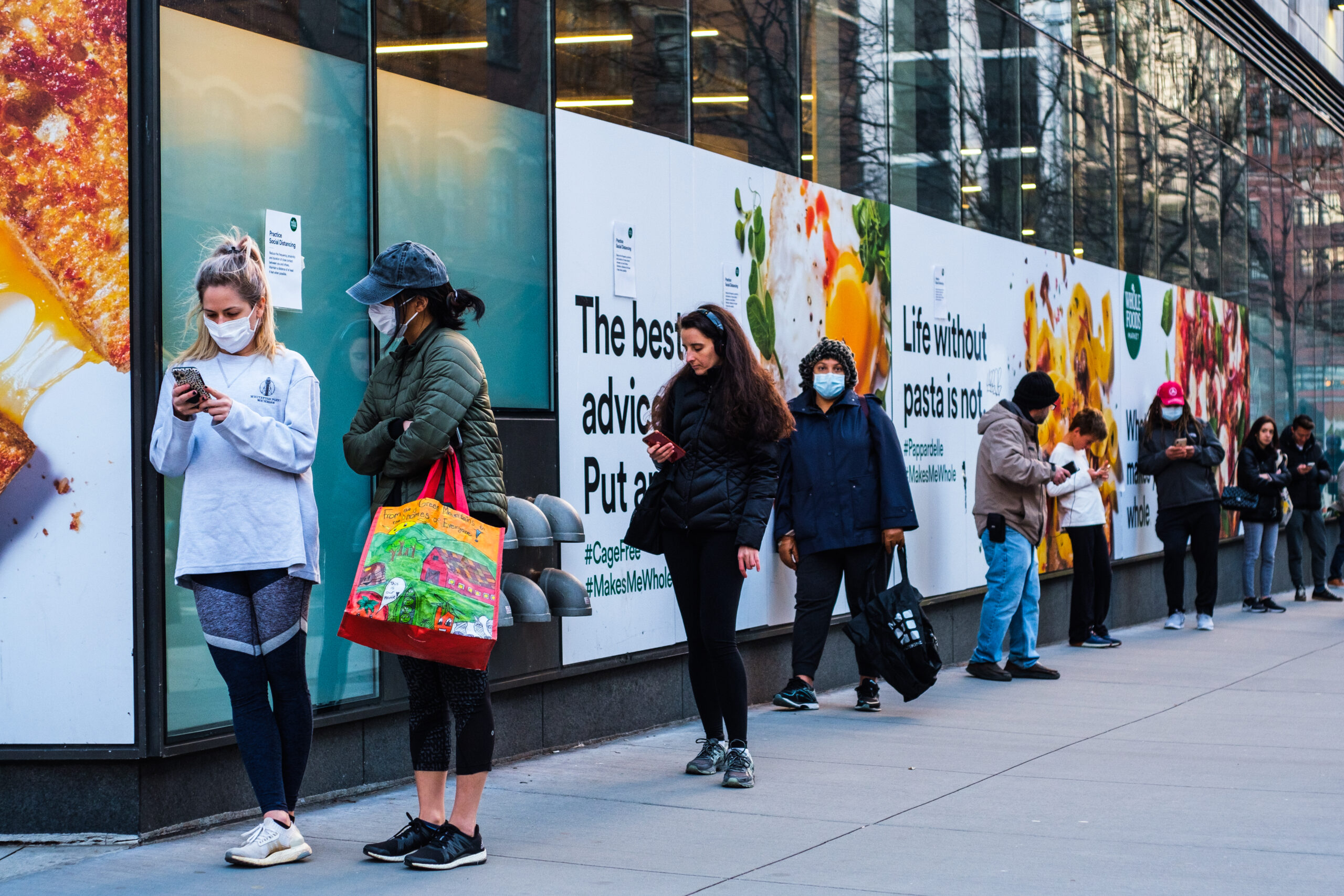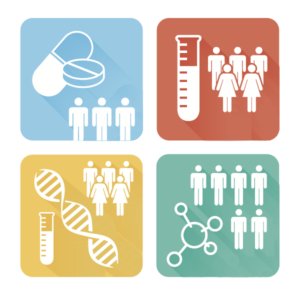In Fight Against Coronavirus: Masks, Explained

The past few months have seen a rapid increase in demand for personal protective equipment, including the most sought after N95 masks. Many governments around the world have mandated the use of such protective gear when out and about.
In Canada and the US, as cities start to open up, certain spaces may be safer to access wearing masks. Many argue otherwise, but health authorities have constantly reminded citizens of the safety benefits of wearing masks. Toronto residents, in fact, are set to face mandatory bylaws to wear face coverings when in indoor public spaces where social distancing is challenging and it is not possible to consistently maintain a 2-metre physical distance from others. Many other North American cities are expected to implement similar guidelines in the coming weeks. On demand ride companies such as Uber and Lyft have already mandated usage of masks when using their services. Many grocery stores across the country have followed suit and have barred shoppers without masks. Using a mask is particularly recommended in “crowded public settings” like stores, shopping areas and public transportation, Health Canada has said.
Consequentially, as the demand for masks peak, many garment retailers, supermarkets and fashion brands have started to sell face coverings and masks. Roots for instance, is selling a wide range of face coverings in different designs. Fashion brand American Eagle too has released a variety of non-medical masks for sale on its website.
With multiple guidelines in place, questions around the effectiveness of masks and face coverings is on the rise too. It’s important to note that face coverings do not give the same level of protection as medical grade masks. Face coverings or non-medical masks generally have not been tested to recognized standards, the fabrics are not the same as used in, surgical masks or respirators, and the edges are not designed to form a seal around the nose and mouth. However, research shows that, if worn properly, a mask or face covering of some kind can reduce the spread of infectious respiratory droplets.
As well as indoor spaces, the Canadian government website recommends wearing a homemade non-medical mask or facial covering in crowded public settings when it is not possible to consistently maintain a 2-metre physical distance from others. Examples of such public settings include stores, shopping areas, public transportation, and more.
Non-medical face masks or face coverings should:
• allow for easy breathing
• fit securely to the head with ties or ear loops
• maintain their shape after washing and drying
• be changed as soon as possible if damp or dirty
• be comfortable and not require frequent adjustment
• be made of at least 2 layers of tightly woven material fabric (such as cotton or linen)
• be large enough to completely and comfortably cover the nose and mouth without gaping
Medical grade masks are typically divided in two sub-categories: respiratory and surgical. Both variants are designed to offer different levels of protection against transmission of bacteria and particulate matter. Respirator masks are considered PPE equipment by both the European Union (EU) and US Food and Drug Administration (FDA), while surgical face masks are classified as a medical device.
Respirator masks: The most popular respiratory protective device today is the N95 mask. As the name suggests, the respirator blocks at least 95 percent of very small (0.3 micron) test particles. If properly fitted, the filtration capabilities of N95 respirators exceed those of other face masks. Most N95 respirators are manufactured for use in construction and healthcare jobs that expose workers to dust and small particles.
Surgical masks: The second category of masks are known as surgical masks, a loose-fitting, disposable device that creates a physical barrier between the mouth and nose of the wearer and contaminants in the immediate environment. Made of varied thicknesses and protection capabilities, the masks can protect you in many ways. While these masks may be effective in blocking large droplets or splashes, it may not filter tiny particles transmitted by coughs or sneezes. Surgical masks also do not provide complete protection from germs and other contaminants because of the loose fit.
As more businesses reopen and life slowly gets back to normal, more and more people will be seen wearing masks on the streets, buses and other public spaces. It is important, therefore, to have a clear understanding of the right protective gear to protect yourself and your community and further flatten the curve.
Watch BioPharma Services CEO Renzo DiCarlo: To Mask or Not to Mask?
About BioPharma Services Inc.
BioPharma Services Inc. is a contract research organization that conducts research studies across all medical disciplines. Our offices and study sites are located in Toronto, Ontario and St. Louis, Missouri. For our current research studies visit our Volunteer Hub today.



